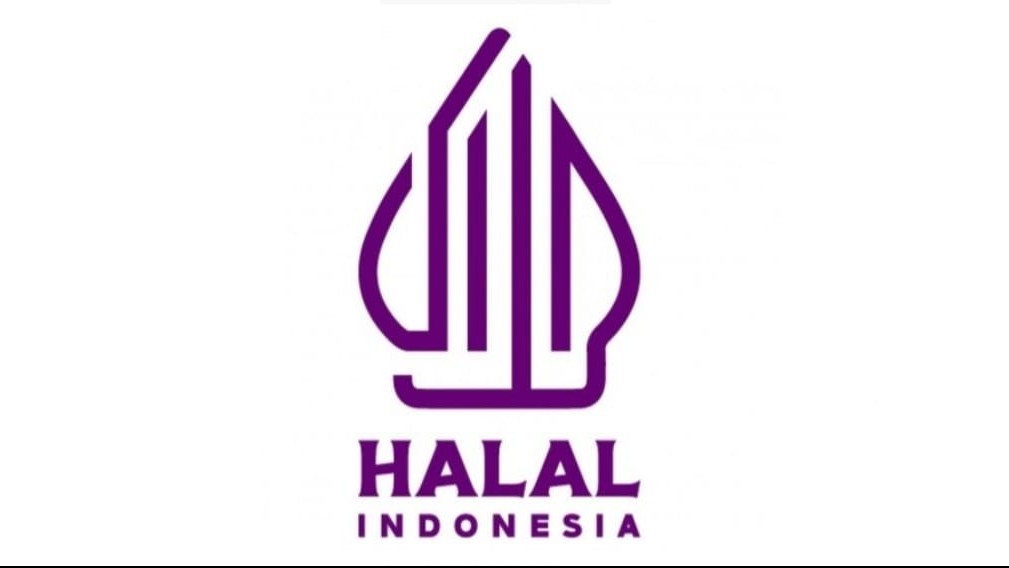
1. Raw Materials in Household Products May Contain Haram Elements
Some household appliances may appear "neutral," but in reality, they might use materials or components derived from non-halal sources. For example:
- Non-stick coatings on pans and pots may contain chemicals derived from animal sources.
- Adhesives and resins in plastic or wooden utensils might use gelatin from pork or other impure substances.
- Dish sponges, kitchen gloves, and cleaning cloths may use lubricants or finishing materials based on alcohol.
Without halal certification, consumers cannot be certain about the syar’i cleanliness of these products.
Cooking and eating utensils play a crucial role in the food preparation process. If the tools used are impure or derived from haram materials, they can affect the halal status of the food. Ensuring the halal status of these household items is a moral and spiritual responsibility.
Halal certification is now seen as a standard of quality and trust, not just a religious symbol. Halal-certified household products have a higher market value because they:
- Can be exported to Muslim-majority countries
- Attract domestic consumers increasingly conscious of halal lifestyles
- Show the producer’s commitment to hygiene, ethics, and production transparency
Are you a manufacturer or brand owner of household appliances? Don’t wait until it becomes mandatory. By starting the halal certification process now, you:
- Show care for the needs of Muslim consumers
- Enhance your product branding and competitiveness
- Ensure your business’s sustainability under government regulations
**Contact our company, DeHalal, as your trusted halal certification service provider** to begin the certification process for your household products.
Remember, halal is not just about consumption — it’s about faith, cleanliness, and trust.
Bagikan Berita